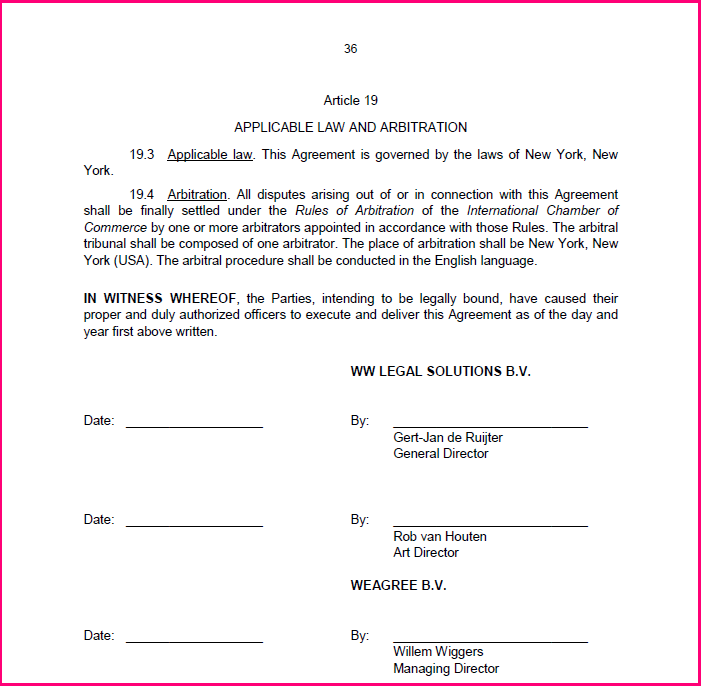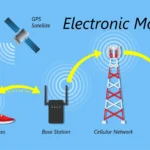Navigating the world of legal documents can be daunting, especially when you encounter the need for a witness signature. A witness signature adds an extra layer of authenticity and legal weight to your document, ensuring its validity in various situations. This guide will walk you through the essential aspects of obtaining a witness signature, from understanding the requirements to choosing the right person and completing the process correctly.
This article will delve into the specific requirements for witness signatures, explore the role of notary publics in providing witness services, and offer valuable tips on selecting a reliable witness. We’ll also outline the step-by-step process of obtaining a witness signature, ensuring you have all the information needed to navigate this process with confidence.
Witness Signature Requirements
Witness signature requirements vary depending on the type of legal document and the jurisdiction where it will be used. However, some general principles apply across the board.
Types of Documents Requiring Witness Signatures
Certain legal documents, such as wills, powers of attorney, and contracts, often necessitate witness signatures. These documents typically involve significant legal implications and require additional verification to ensure the signer’s intent and capacity.
Legal Implications of Witness Signatures
A witness signature serves as an attestation that the signer personally appeared before the witness, signed the document voluntarily, and understood its contents. In legal proceedings, a witness signature can provide crucial evidence of the document’s authenticity and the signer’s actions.
Notary Public Witness Services

Notary publics are public officials authorized to perform various notarial acts, including witnessing signatures. Many notary publics offer witness services as part of their standard repertoire.
Benefits of Using a Notary Public
Utilizing a notary public for witness services offers several advantages. Notaries are trained professionals who understand the legal requirements for witnessing signatures and can ensure the process is conducted correctly. They also provide an official record of the notarization, adding an extra layer of credibility to the document.
Notary Public Availability and Fees
Notary publics are widely available in most communities, and their fees are typically regulated by state law. You can find a notary public in your area through online directories or by contacting your local government.
Choosing a Witness
While notary publics are a reliable option, you can also choose a trusted individual to act as a witness. However, it’s crucial to select someone who meets specific criteria to ensure the validity of the witness signature.
Qualities of a Suitable Witness
An ideal witness is someone you trust implicitly, who is impartial to the document’s contents, and who is legally competent to witness signatures. Friends, family members, or colleagues can serve as witnesses, but it’s essential to choose someone who meets these criteria.
Avoiding Conflicts of Interest
It’s important to avoid choosing a witness who has a personal stake in the document or who may benefit from its contents. A witness with a conflict of interest could compromise the integrity of the signature and potentially invalidate the document.
Witness Identification

Before a witness signs a document, it’s crucial to verify their identity to ensure they are who they claim to be. This step helps prevent fraud and ensures the authenticity of the witness signature.
Methods of Identity Verification
You can verify a witness’s identity by requesting government-issued identification, such as a driver’s license or passport. It’s also helpful to ask the witness personal questions to confirm their identity and establish their familiarity with you.
Importance of Accurate Identification
Properly identifying the witness is essential to the legal validity of the signature. If the witness’s identity is later disputed, the entire document could be challenged in court.
Witness Signature Process
Once you have chosen a suitable witness and verified their identity, you can proceed with the witness signature process.
Witness Signature Placement
The witness signature should be placed in a designated area on the document, typically indicated by a line or space labeled “Witness Signature.” The witness should sign their full legal name legibly.
Witness Date and Address
In addition to their signature, the witness should also provide their date of signature and their full address. This information helps establish the date and location of the witnessing event.
Witness Statement (Optional)
Some documents may require a brief witness statement, affirming that they witnessed the signer’s signature and that the signer appeared to be of sound mind and acting voluntarily.
Conclusion
Obtaining a witness signature for legal documents is a crucial step in ensuring their validity and legal enforceability. By understanding the requirements, choosing a reliable witness, and following the proper signature process, you can confidently navigate this aspect of legal documentation. Remember, when in doubt, consulting with a legal professional or your local government resources can provide further guidance and ensure your document meets all necessary legal standards.



